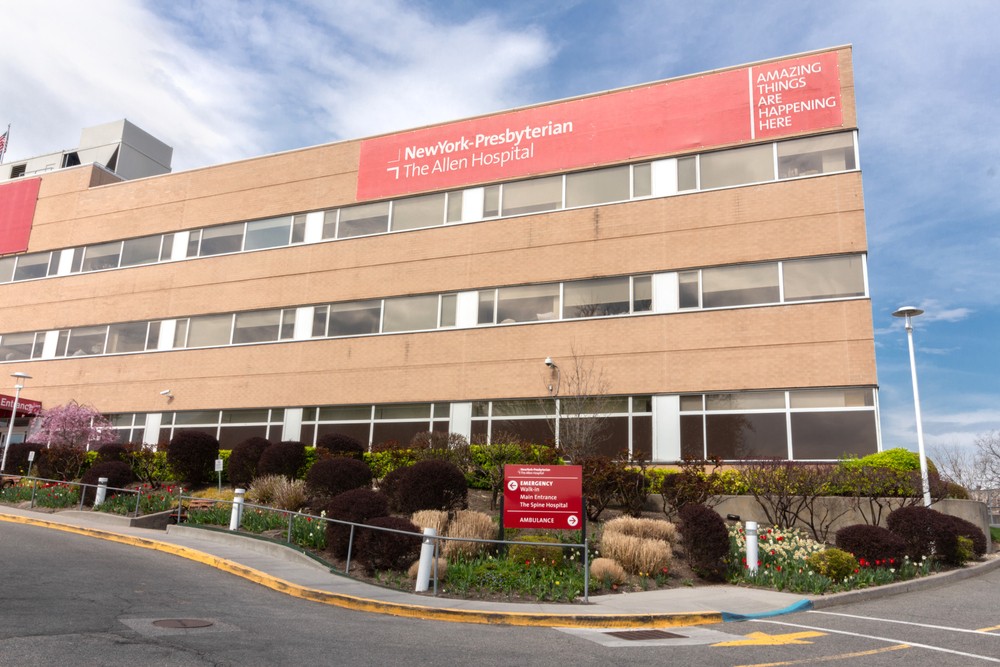
Experienced health-care workers are less fearful than they were earlier this year. “We’re seeing red flags but we’ve prepared ourselves,” says Syra Madad from NYC Health + Hospitals. Hardened by the crucible of March and April, New York City built up its ability to spot burgeoning hot spots, trace contacts, and offer places where infected people can isolate. The struggles of the first two COVID-19 surges in the United States helped hospitals steel themselves for the third. Health-care workers at the Texas Medical Center (Callaghan O'Hare / REUTERS) preparing to go into the COVID-19 intensive-care unit at the United Memorial Medical Center (Go Nakamura / Getty) It’s the expertise of its health-care workers-and they are exhausted. health-care system has in the struggle against COVID-19 isn’t some miracle drug. In the imminent future, patients will start to die because there simply aren’t enough people to care for them. The health-care system in Iowa is going to collapse, no question.” “It keeps rising and rising, and we’re all running on fear. “The wave hasn’t even crashed down on us yet,” Perencevich said. Hospitalizations lag behind cases by about two weeks by Thanksgiving, today’s soaring cases will be overwhelming hospitals that already cannot cope. With only lax policies in place, those cases will continue to rise. Iowa is accumulating more than 3,600 confirmed cases every day relative to its population, that’s more than twice the rate Arizona experienced during its summer peak, “when their system was near collapse,” Perencevich said. The entire state of Iowa is now out of staffed beds, Eli Perencevich, an infectious-disease doctor at the University of Iowa, told me. Read: America is trapped in a pandemic spiral They had been admitted but there was no one to take care of them.” I asked her how much slack the system has left. “Last Monday we had 25 patients waiting in the emergency department. “It was doable over the summer, but now it’s just too much,” says Whitney Neville, a nurse based in Iowa. Some health-care workers told me that COVID-19 patients are the sickest people they’ve ever cared for: They require twice as much attention as a typical intensive-care-unit patient, for three times the normal length of stay. But in the hardest-hit areas, there are simply not enough doctors, nurses, and other specialists to staff those beds. Hospitals have put their pandemic plans into action, adding more beds and creating makeshift COVID-19 wards. I asked him how many such shifts he has had to do. “There are times I’ll come in in the morning, see patients, work that night, work all the next day, and then go home,” he told me. His shifts usually last 12 to 24 hours, but can stretch to 36. Hatton says that his intensive-care unit is housing twice as many patients as it normally does. Utah, where Nathan Hatton is a pulmonary specialist at the University of Utah Hospital, is currently reporting 2,500 confirmed cases a day, roughly four times its summer peak. In the U.S., states now report more people in the hospital with COVID-19 than at any other point this year-and 40 percent more than just two weeks ago.Įmergency rooms are starting to fill again with COVID-19 patients. But health-care workers do not have the luxury of looking away: They’re facing a third pandemic surge that is bigger and broader than the previous two. They process the election’s ramifications.

In the months since March, many Americans have habituated to the horrors of the pandemic. Every time Ranney returns to the hospital, there are more COVID-19 patients. These days, her shifts at Rhode Island Hospital are long, and they “are not going to change in the next 73 days,” before Biden becomes president, she told me on Monday. She was still in the ER in the late evening when Biden and Vice President–elect Kamala Harris made their victory speeches. That day, she treated people with COVID-19 while street parties erupted around the country. On Saturday morning, Megan Ranney was about to put on her scrubs when she heard that Joe Biden had won the presidential election. Editor’s Note: This story is part of a collection of work by Ed Yong that earned the 2021 Pulitzer Prize for Explanatory Reporting.


 0 kommentar(er)
0 kommentar(er)
